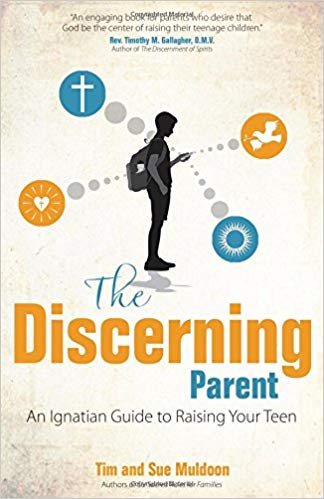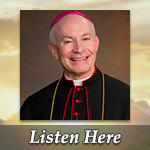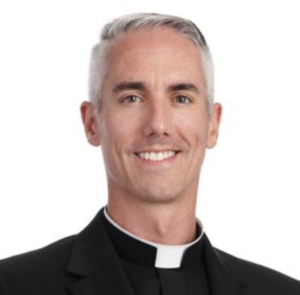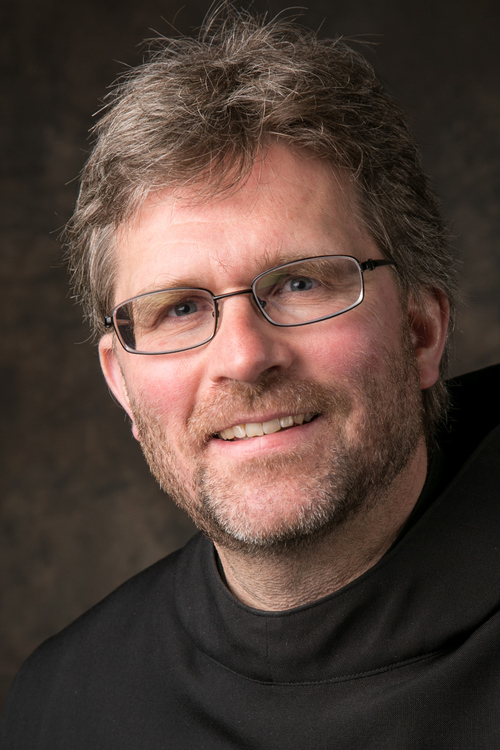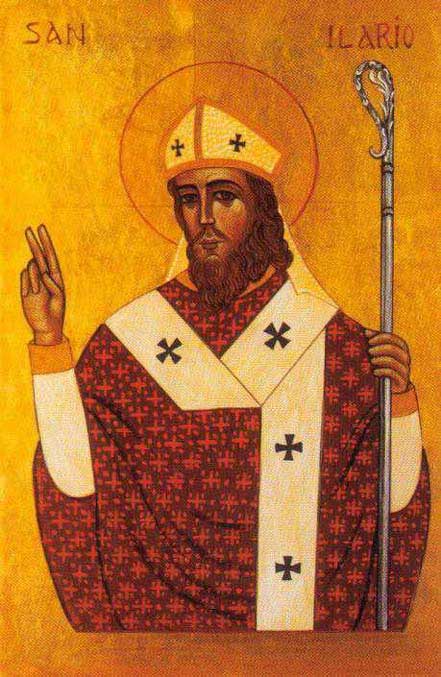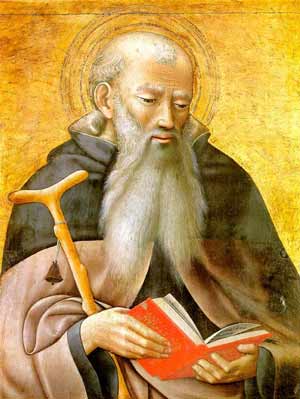Podcast: Play in new window | Download (Duration: 37:42 — 25.9MB) | Embed
Subscribe: Apple Podcasts | Spotify | Amazon Music | Android | Pandora | iHeartRadio | JioSaavn | Podchaser | Gaana | Podcast Index | Email | TuneIn | Deezer | Anghami | RSS | More
Journey Through Desolation – Spiritual Desolation: Be Aware, Understand, Take Action with Fr. Timothy Gallagher
Fr. Timothy Gallagher and Kris McGregor explore the reality of spiritual desolation through the lens of St. Ignatius of Loyola’s life and teaching; including the Ignatian process of becoming aware, gaining understanding, and then choosing how to act when facing inner movements of the heart. Drawing from St. Ignatius’ conversion, he highlights how worldly pursuits left Ignatius feeling empty, while reflecting on the saints stirred lasting joy—helping him discern God’s call. Spiritual desolation is one of the enemy’s common tactics, often causing discouragement, apathy in prayer, or withdrawal from community life. Recognizing it for what it is allows a person to actively reject it rather than remain trapped by it.
Fr. Gallagher reflects on St. Ignatius’ physical suffering after his leg injury, showing how God can work through painful or even seemingly disastrous circumstances to bring about transformation. Both his struggles and the spiritual struggles of other saints remind us that holiness emerges in the midst of weakness, mistakes, and trials. Discernment is not about dwelling on desolation, but about the hope and freedom found in God’s grace—freedom from discouragement and freedom for deeper prayer, service, and joy in following Christ.
Discerning Hearts Reflection Questions:
- How can I become more attentive to the inner movements of my heart and notice when I am experiencing spiritual desolation?
- When have I mistaken desolation for something like depression or discouragement in daily life?
- How do I respond when I sense emptiness after pursuing worldly desires compared to the joy that follows choosing God?
- What lessons can I learn from St. Ignatius’ suffering and how God used it to bring about his conversion?
- Where might God be working through difficult or painful circumstances in my own life?
- How do I tend to act when prayer feels dry or unfruitful—do I persist or pull back?
- In what ways can I share my own spiritual struggles so that others may recognize their experiences in mine?
- How does recalling the humanity and struggles of the saints encourage me in my own spiritual journey?
- What practical steps can I take to reject discouraging thoughts and turn instead toward God’s grace?
- How can I grow in “freedom for”—a greater capacity to love and serve God joyfully in my vocation?
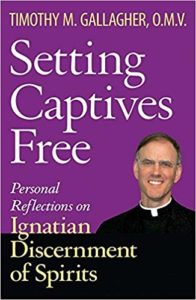
From the Prologue of Setting the Captives Free: Personal Reflections on Ignatian Discernment of Spirits:
“Five hundred years ago, Ignatius entered the realm of the heart and crafted a set of guidelines for responding to interior experience, both joyful (spiritual consolation) and discouraging (spiritual desolation), on the spiritual level. These guidelines, when well explained, equip hearers to be aware of, understand the significance of, and take action in response to their spiritual experience. Said differently, they take Christian anthropology—the fact that only in Christ can the human person be understood fully—seriously, and render it operative. When one applies these guidelines, the full Christian understanding of the human person ceases to remain a theological construct and is rendered concretely applicable in daily living. For over three decades, I have seen many apply these guidelines with much fruit.“
For the other episodes in this series check out Fr. Timothy Gallagher’s “Discerning Hearts” page
Father Timothy M. Gallagher, O.M.V., was ordained in 1979 as a member of the Oblates of the Virgin Mary, a religious community dedicated to retreats and spiritual formation according to the Spiritual Exercises of St. Ignatius. Fr. Gallagher is featured on the EWTN series “Living the Discerning Life: The Spiritual Teachings of St. Ignatius of Loyola”.
For more information on how to obtain copies of Fr. Gallaghers’s various books and audio which are available for purchase, please visit his website: frtimothygallagher.org


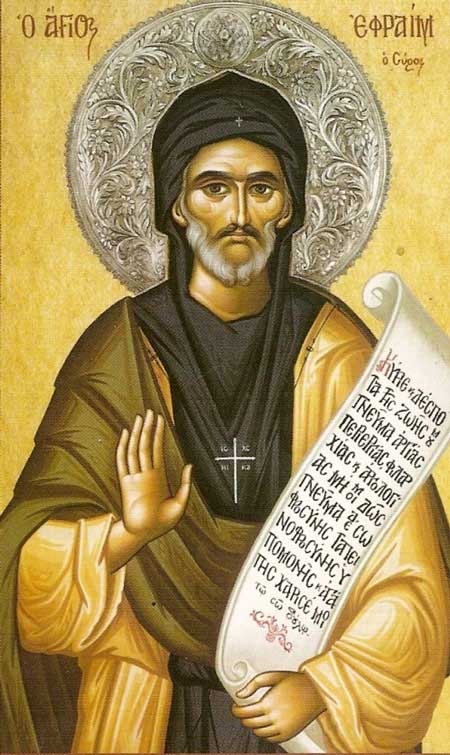
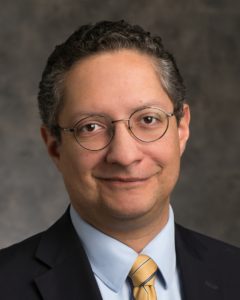
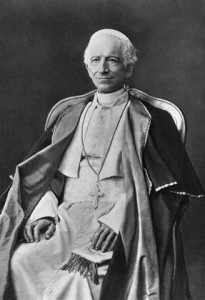 About Pope Leo XIII
About Pope Leo XIII
